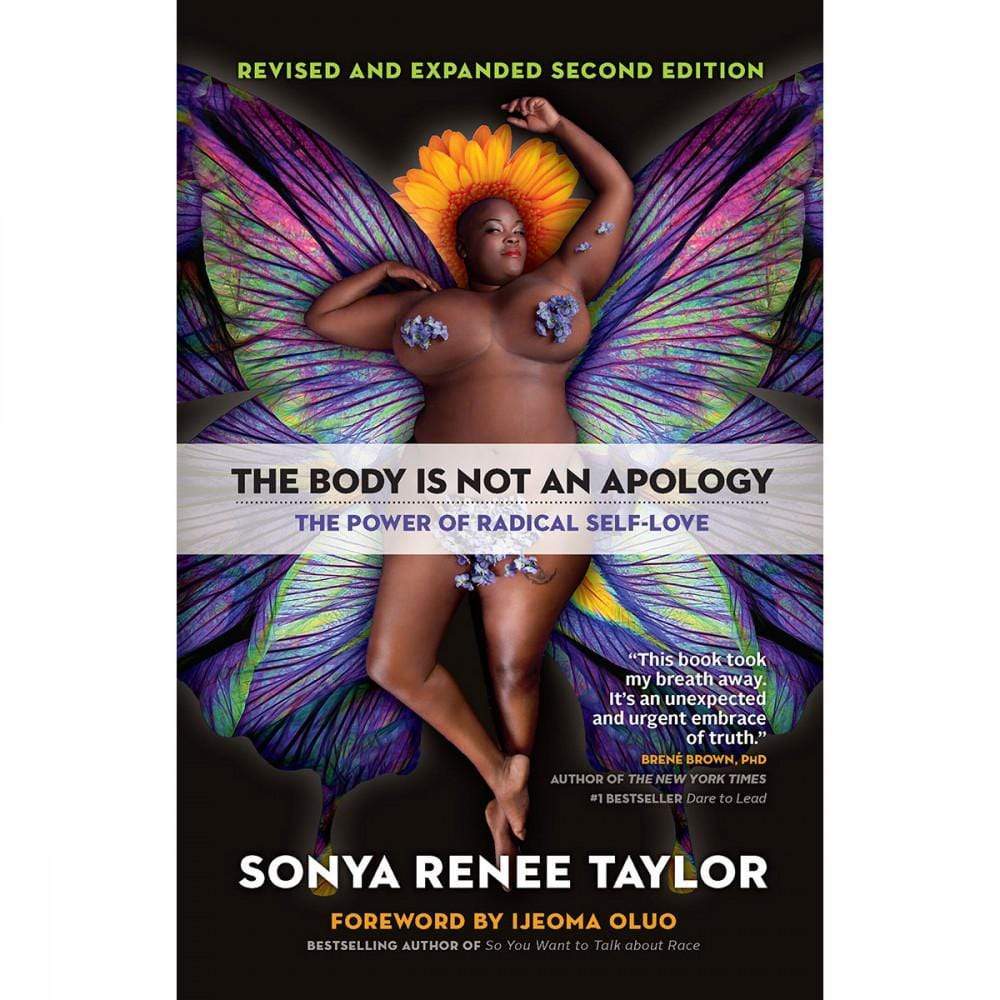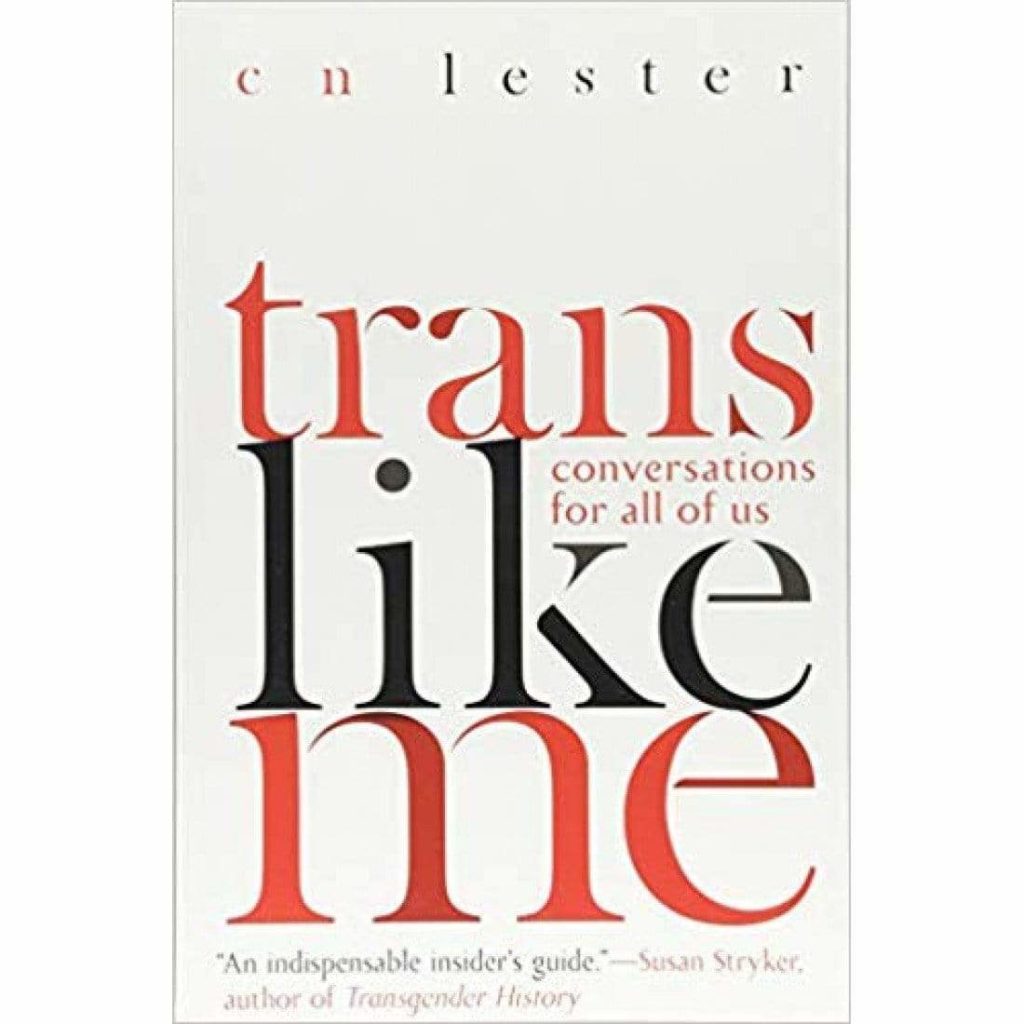
Hey y’all, Happy Fall! Trystology’s back again puzzling out the birds, bees, and processes behind learning the pleasure centers of our bodies, family edition, and this time we’re calling a…
{scary tubas and high pitched violins!!!!}
Family Meeting!
Today we will be discussing the Art of Family Sex Talks. Look, I know we all dread the family sex talk, so in honor of National Family Sexuality Education Month, (I’m not trying to make a joke, but that’s a mouthful), we’re here to hopefully shed some light on how to open a dialogue about sex at home.
Whether your family is transparent about sexuality or not, we all know the awkward feelings that can come up when kids have questions about sex. That’s why this is called the art of family sex talks. There are also many schools of thought surrounding this issue. Every parent makes decisions about what information is appropriate for their children at any given age. For the health and wellbeing of children, we as adults need to provide our children with balanced answers to their immediate questions.
Does this mean we just… let them jump right in?
Well, hell no!
What we mean is this – education is not abuse. I repeat, education is not abuse.
In fact, just the opposite. Knowledge is power! We tell our kids this all the time. When it comes to sexuality, knowledge yields responsibility, respect, kindness, and safety. Also, just as every child unique, every parent is too, so knowing what is appropriate when varies from family to family.
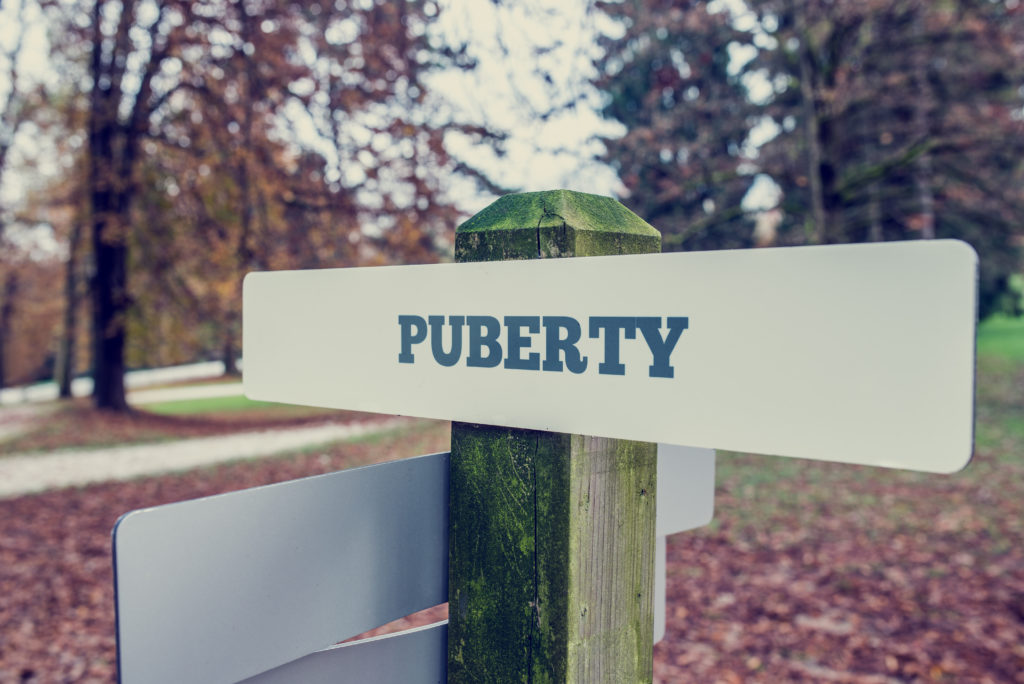
So readers, imagine we had a time machine to take us back to our budding time of puberty…
Blech, I couldn’t even write that with a straight face. Whether you’re experiencing it now, will be, or you’ve forgotten that version of you sprouting pubic hairs, puberty can feel like a real bag of cats. Your mind, body, and world view skyrocket into a whole new becoming.
Some of it’s fine. Some of it sucks.
Emotions are in a tailspin. Self-comparison is constant. Zits and cracked voices accompany new periods and wet dreams. It’s a party most would opt to miss.
But orgasms… well, orgasms are real great.
At some point, whether it’s you or the innocent person you’ve watched grow, we all discover our bits, and humanity is vast. In a world highly impacted by Wikipedia and porn, today’s kids need enough good information to make sense out of the world, and who they will become in it.
Life’s wild. Truly, things only become more wild as we find our place within this greater happening, but owning our orgasm is a practice that starts with us as the individual, not with a partner. In order to find a matching puzzle piece to our unique sexual needs, we should know the shape of our own piece! And this learning involves and requires a process. One that takes years, so keeping up with our bodies and needs is just another way to stay centered along the road
As adults, we learn with our kids.
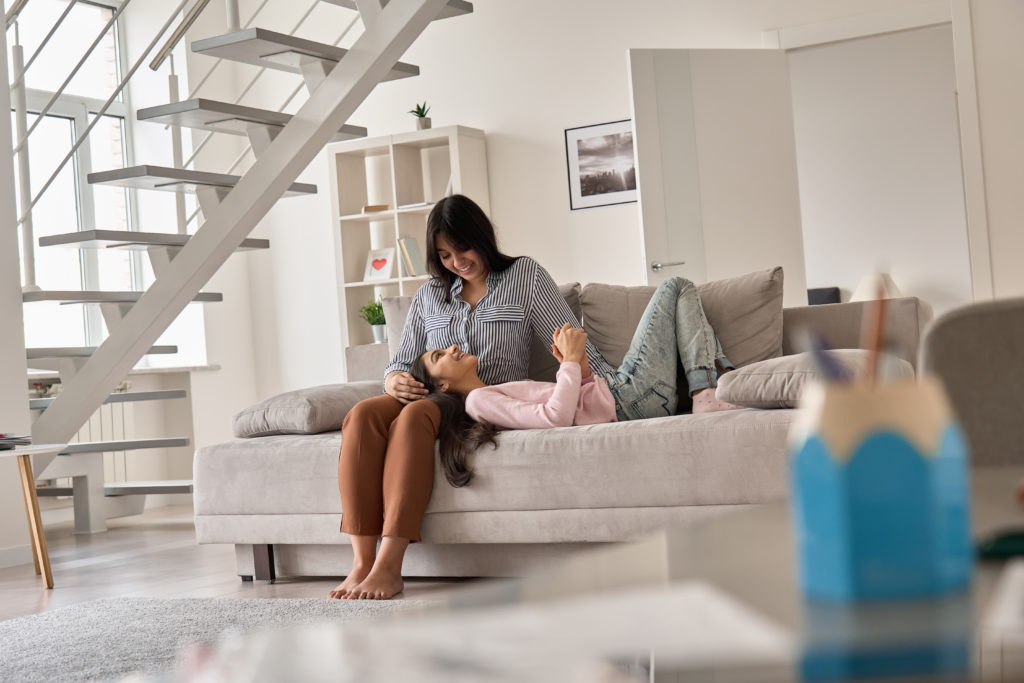
Supporting those we love becomes very real when setting examples of healthy sexuality for our youth. As we all know, no matter how fiercely we may try to prevent or quickly remedy it, our children and teenagers will feel. They will feel everything, just like we all do. They will feel intense joy, pain, pleasure, success, failure, sadness, the whole enchilada. And arousal. That too. We all do. Our job as adults, parents and teachers is making open space for our youth to confidently find themselves, knowing love and acceptance will always be available to them. Especially through the bumpy parts.
So, how can we talk about sex with our kids, and how can we, the adults, do this while maintaining our own sexual health?
Well, It’s all in the presentation. 😉
Trystology’s Art of Family Sex Talks
First, be positive.
Remember, this conversation does not have be awful. In fact, a positive approach will teach young people the importance of self respect and self-care. Also, this conversation shouldn’t just be a “one-off.” Discussing sexuality is vulnerable by nature at all ages, and getting anywhere with this talk involves trust. Again, I’m going to remind everyone of the word process. Here’s another word… investment. Discussing sex with our kids is an investment in their emotional, physical, and over-all well-being.
Then, encourage.
Remember those days? Holy cow! I didn’t feel attractive, or understand how to speak to anyone I liked. I didn’t know or understand my value. In part, how could I? I was learning. Remind young people of all of their talents and attributes. Be authentic and vulnerable. Explain that it’s okay to be sexual, they are worth kindness and pleasure, and that you are there to support in any way you can.
It’s common to lead with the scary stuff… but try your best not to.
Should we discuss STIs? Yes. Pregnancy? Also yes. All to understand the inherent joy beneath our skin responsibly, so that we can enjoy it and encourage those we love to do the same. Using scare tactics regarding sex with kids hasn’t worked for centuries… let’s collectively move past this. For everyone’s sake.
October is a big month for sexual holidays, and there’s a big one on it’s way. National Coming Out Day! It’s important to mention this because your child’s sexuality may not exist on the same spectrum as yours does. Everyone, even your kid, is different, and this is perfect. There’s no one way to exploring sexuality, and reiterating this to our youth is a healthy reminder for we adults.
Invite conversation by making time to listen.
Sharing stories can break the ice, but can also miss the mark. Listen to what they’re experiencing, ask kind questions, and encourage them along their road. Do this for them, but let it be a reminder to check in with yourself.
Lastly, remember to be yourself with your kids.
What do I mean? Well, whether we like it all the time or not, kids are learning… all the time. They learn how to live, behave and feel based in large part on the environment they inhabit day to day. Obviously kids shouldn’t witness what goes on behind closed doors, but allowing our kids see us show affection to our partners by kissing them, holding hands and smiling only shows them the kind of affection we hope for them in the future.
I have one more word for this article, and its this – legacy.
We at Trystology are honored to see our community through a unique lens. We have important conversations in our store, and I will tell you that in 2021, people are still taught that masturbation can cause blindness. Why? Your guess is as good as mine, but the first reasons that come to my mind are fear, shame, and guilt. When I look at humanity as a whole, I don’t believe fear, shame and guilt build solid foundations for our future. So let’s help our kids find their way. Let that be our legacy. As the adults of today guiding the ones of tomorrow, let’s give them our best by allowing them to discover the best this world has to offer them.
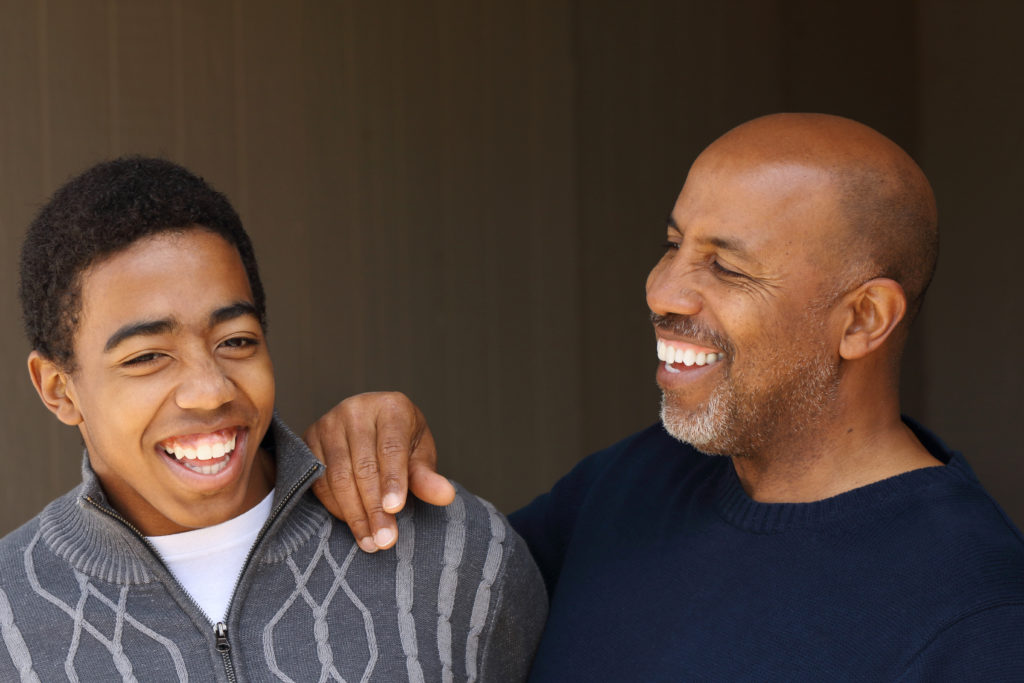
If we all loved the skin we’re in, wouldn’t the world be a better place?
Way to go, you made it to the end! Family meeting adjourned. For more great information on the art of family sex talks, here are some of our favorite authors and products for your toolbox.
Off the Shelf!
Learning Good Consent, by Cindy Crabb
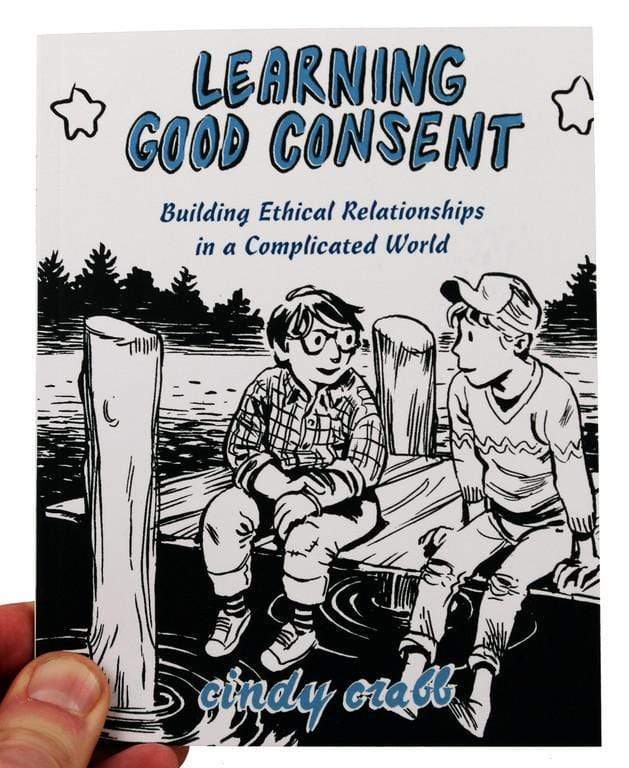
The Body is Not an Apology, by Sonya Renee Taylor
